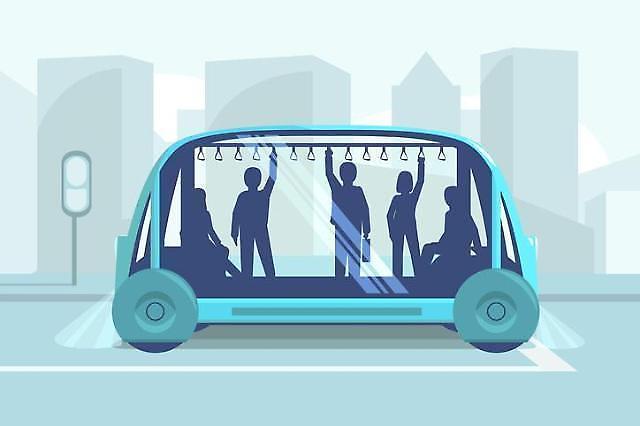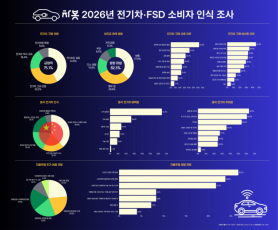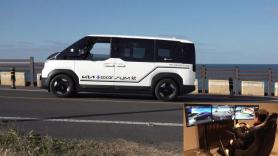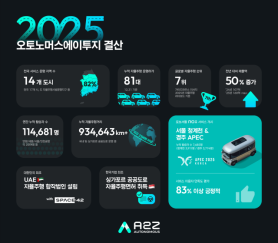
[Gettyimages Bank]
"It is difficult to use public transportation in areas where there are not many people other than the elderly," Lee Jae-kwan, a senior researcher from the Korea Automotive Technology Institute (KATECH), said in an online forum.
"By using self-driving cars with relatively low transportation costs as shuttle buses or autonomous taxis, we can solve traffic in neglected areas," Lee said, suggesting the operator of self-driving shuttles can identify passengers, guide arrival time, and detect obstacles on the road.
LG Uplus (LGU+) has teamed up with Seoul National University and AUTOMOS, a domestic autonomous vehicle maker, for a state project to demonstrate a self-driving shuttle service in Siheung, a southwestern satellite city of Seoul. The mobile carrier also works with Chemtronics, a self-driving shuttle technology solution maker, to begin a slow-speed autonomous shuttle service in Sejong.
Self-driving vehicles should be used as a means to improve the working environment of deliverymen at a time when the demand for delivery services is increasing due to a COVID-19 pandemic, said Lee who heads KATECH's intelligent vehicle technology R&D division. "If we can receive non-face-to-face parcels at any time we want by using self-driving cars, we will be able to prevent problems such as crimes and the leakage of personal information."
Lee stressed that South Korea should work out a legal system or insurance products for accidents caused by self-driving cars. "The commercialization of self-driving cars can be achieved only when the anxiety over vehicles, road transportation infrastructure, and legal systems is resolved," he said.
Copyright ⓒ Aju Press All rights reserved.



